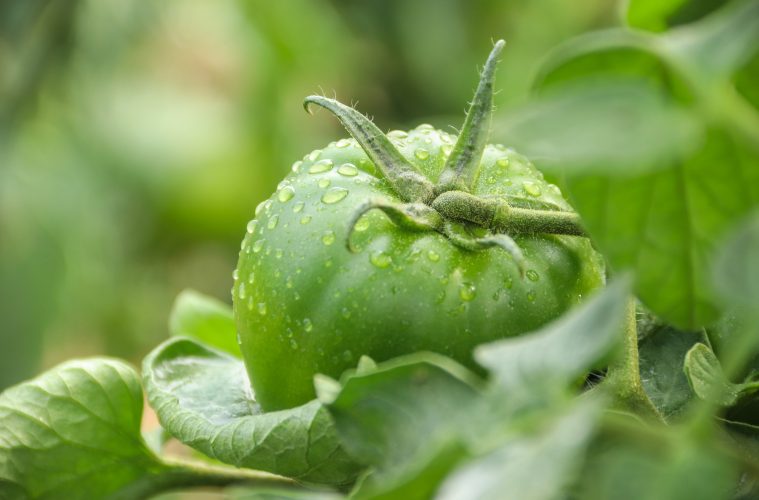Companion planting is an age-old gardening practice employed for centuries by farmers and now home gardeners. The goal is to place compatible plants alongside each other to improve growth and, in the case of vegetable gardens where companion planting is often employed, your harvest.
If you want to try the benefits of companion planting yourself, start in your tomato patch. Whether you need to improve pest control or enhance flavour, these are all great pairings to try:
Basil
Basil is one of the most recommended tomato companions, paring well outdoors and in flavour. Anecdotal evidence suggests basil can deter pests like thrips away from your tomatoes due to their strong scent. They are also believed to improve the flavour of the tomatoes themselves as they develop, sweetening them and imparting some gentle remnants of basil.
Nasturtium
When it comes to pest control in your vegetable garden, there is no better trap crop than nasturtium. Growing quickly and filling gaps in your beds with ease, nasturtiums are highly attractive to many pests – especially aphids. They are planted to lure these bugs away from your tomatoes, feeding on nasturtium plants that are ultimately discarded.
Marigolds
Another tool in the fight against pests, marigolds are scientifically proven to deter bugs like whitefly by producing limonene, the same compound found in citrus peels. If you also have a problem with hornworms (destructive pests that can decimate entire tomato plants in no time), marigolds are believed to draw these away, in addition to being one of the best tomato companion plants. Plus, their bright and sunny flowers are always a great addition to any garden.
Lettuce
Lettuce and tomatoes aren’t only great pairings in a salad. They also make wonderful companions in the garden. Low-growing lettuce varieties planted close to the tomatoes help keep the soil cool and retain moisture, acting as a groundcover or mulch. In return, taller tomato plants can provide shade for lettuce below them in the afternoons, stopping the leaves from burning.
If you’re choosing one of these companions or any other plants, ensure they are spaced correctly and don’t crowd each other.
READ MORE: EASIEST FLOWERS TO GROW IN SOUTH AFRICA
Feature image via pexels


